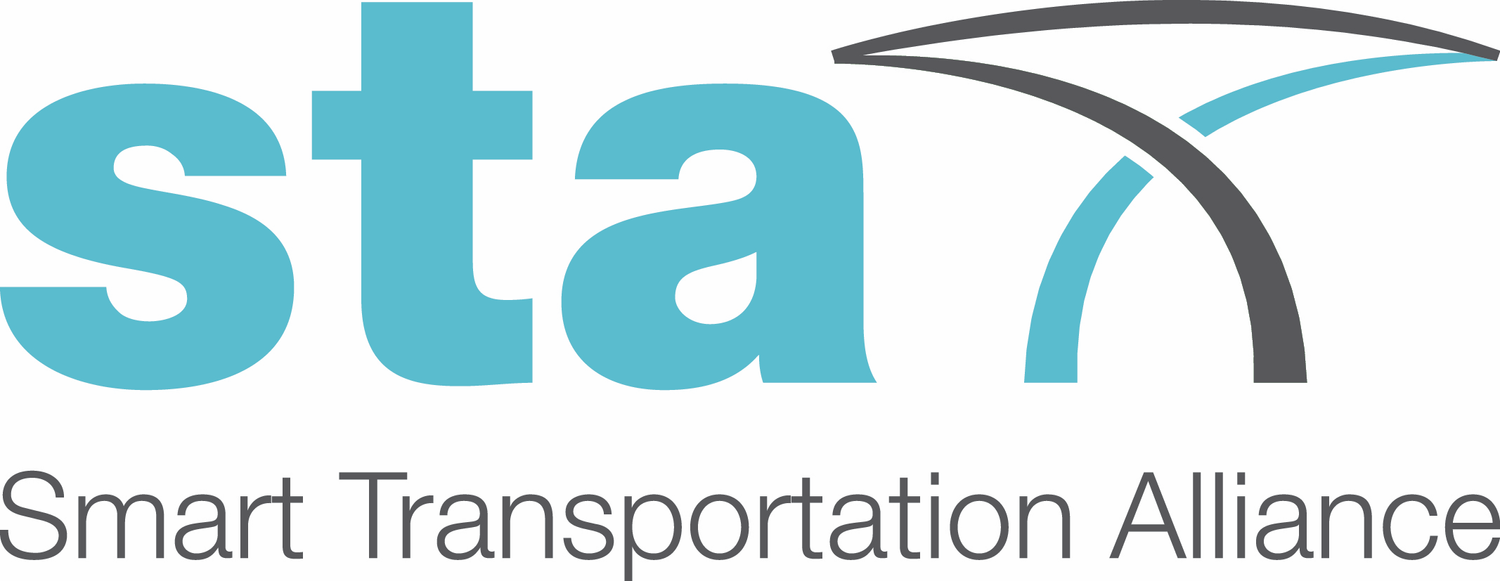STA RELEASES A NEW TECHNICAL REPORT ON AI APPLICATIONS ACROSS THE ROAD INFRASTRUCTURE LIFECYCLE
STA is pleased to announce the release of a new Technical Report titled “AI Applications Across the Road Infrastructure Lifecycle”, marking the second paper published this year, in line with the workplan established at the first STA General Meeting. The STA Technical Reports provide an in-depth review of the process, progress, results of technical or scientific research, as well as a comprehensive analysis of the current state of a technical or scientific challenge related to transportation infrastructures.
Authored by Mr Jorge Alfonso Kurano, Project Manager at the Technical University of Madrid (UPM), the report provides a comprehensive overview of how Artificial Intelligence (AI) can be integrated across all phases of transport infrastructures.
The Technical Report is structured around the infrastructure lifecycle, starting from the initial phase of planning and design, and explores how AI models can support predictive analytics and leverage data through to later stages - operations, maintenance, and upgrades - showing how AI can streamline and de-risk construction and enable predictive upkeep. For instance, AI can assist cities and civil engineers in making data-driven decisions before any ground is broken. At later stages, AI can streamline and de-risk the construction, development, and operation phases, covering the full spectrum from planning to maintenance.
Four core technologies are analysed:
a) Machine learning and data science;
b) Deep learning and computer vision;
c) Edge computing;
d) Federated learning.
Three case studies are presented from European cities participating in the EU Mission for Climate-Neutral and Smart Cities that have integrated AI technologies to enhance mobility, urban transport, and sustainability: Dortmund (Germany), Porto (Portugal), and Tallinn (Estonia).
Additionally, the report highlights critical aspects such as the General Data Protection Regulation (GDPR), the EU AI Act, and other ethical considerations. It aims to present the benefits of AI while also stressing regulatory and social responsibilities. Sensitive data collection - such as location data or License Plate Recognition (LPR) - raises concerns, and the paper underscores the need for privacy-by-design policies and awareness of associated constraints.
STA acknowledges that while AI is now an integrated part of daily life - and by extension, the transport and road infrastructure sectors - its use, however promising, necessitates careful integration. Ethical constraints must be considered. The STA report proposes a multidisciplinary approach combining engineering expertise, data science, policy knowledge, and community engagement. As Mr Alfonso Kurano concludes, the key is to treat AI not as a siloed tool but as an integrated component of transport ecosystem governance, ensuring roads remain resilient, adaptive, and inclusive for decades to come.

